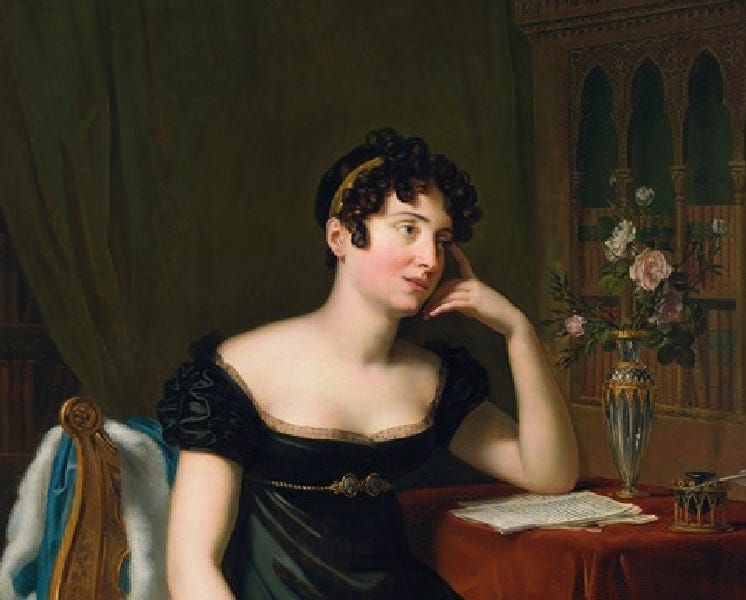I Turn Sentences Around

🌈 Abstract
The article discusses the writing process and dedication of the renowned author Philip Roth, as portrayed in his novel "The Ghost Writer". It highlights Roth's meticulous approach to crafting sentences and his single-minded focus on writing, which is contrasted with the author's own more varied lifestyle.
🙋 Q&A
[01] The Ghost Writer
1. What is the main premise of Philip Roth's novel "The Ghost Writer"?
- In the novel, the young writer Nathan Zuckerman visits a reclusive and venerable literary genius, who is supposedly modeled on either Bernard Malamud or Henry Roth.
- The literary genius is described as a "symbol of scrupulous and stern artistic commitment" who enjoys nothing but writing.
2. What does the literary genius in the novel say about his writing process?
- The literary genius describes his writing process as:
- Writing a sentence, then turning it around
- Repeatedly looking at the sentence and turning it around again
- Having lunch, then coming back to write another sentence
- Having tea and turning the new sentence around
- Lying down on the sofa to think, then getting up to throw out the sentences and start from the beginning
- Becoming "frantic with boredom and a sense of waste" if he deviates from this routine for even a day
3. How does the author contrast the literary genius's single-minded focus on writing with their own more varied lifestyle?
- The author states that if they had the literary genius's level of focus and dedication, they would be able to write 5 books, or even 1.5 books with just 5% of his focus.
- However, the author acknowledges that their own lifestyle, which includes having children and other activities, would prevent them from achieving such single-minded dedication to writing.
[02] Roth's Writing and Legacy
1. How does the author describe Roth's writing style and legacy?
- The author acknowledges that while Roth's work may have "penis problems" and that he "goes on and on and on about the same subject in almost every single book", he was also "wildly imaginative, remarkably perceptive, terrifyingly prolific".
- The author quotes Zadie Smith, who describes Roth's "Rothian spirit - so full of people and stories and laughter and history and sex and fury" as a "source of energy as long as there is literature".
2. How does the author reflect on Roth's dedication to writing?
- The author cites a conversation between Roth and Zadie Smith, where Roth describes his thought process while swimming laps, moving from thinking about his own life to considering events in Newark, New York, America, and even Europe.
- The author concludes that Roth was "a writer all the way down" and that his dedication to writing was not "diluted with other things" as it is for most people.
Shared by Daniel Chen ·
© 2024 NewMotor Inc.